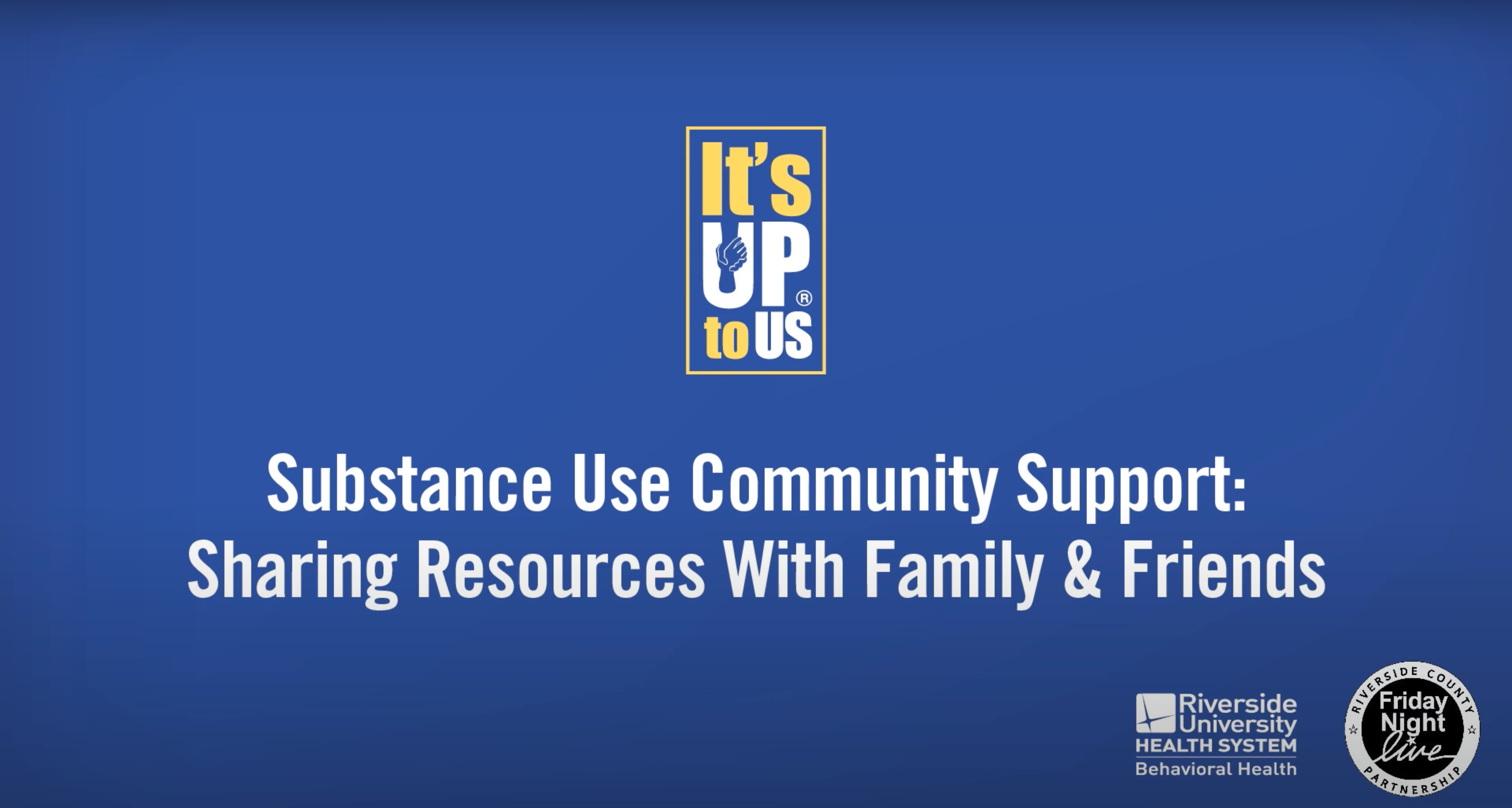Start the Conversation
The following tips can help set the stage for effective communication with your child. Before you start the conversation, however, be sure to spend some time learning the facts about alcohol, marijuana, and other drugs and the risks they pose for young people.
Along with tips for effective communication, below are four video examples of how to start these conversations. For additional resources and support, check out the Family Resource Guide.






